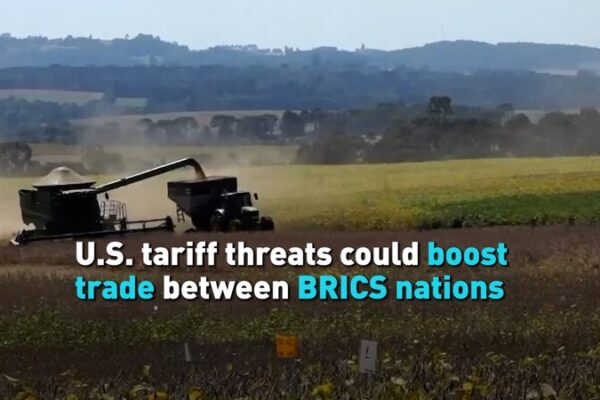
US Tariffs May Enhance Trade Among BRICS Nations
US tariff increases under the Trump administration may inadvertently boost trade among BRICS nations, creating new opportunities amid global economic shifts.
News & Insights Across Asia

US tariff increases under the Trump administration may inadvertently boost trade among BRICS nations, creating new opportunities amid global economic shifts.

Repeated use of tariffs by the U.S. may backfire, warns Professor Amitav Acharya. Overused threats lose impact, potentially triggering a global butterfly effect that harms the U.S. economy.

Economist Jeffrey Sachs warns that U.S. protectionist policies against China could harm the American economy, following President Trump’s imposition of new tariffs on Chinese imports.

President Donald Trump advances his vision to make the U.S. the crypto capital by signing an executive order promoting cryptocurrency, marking a potential turning point for alternative currencies worldwide.
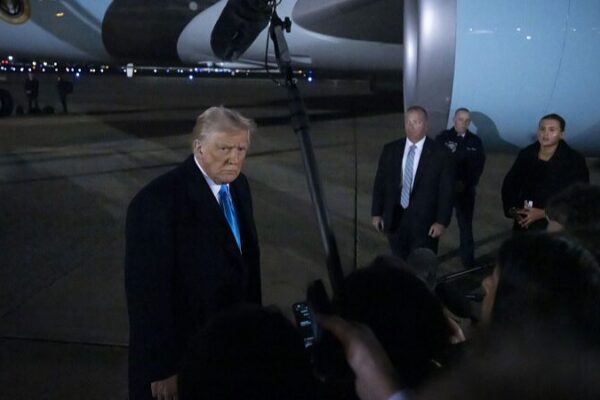
President Trump’s new tariffs on Canada, Mexico, and China trigger global backlash, with experts predicting economic downturns, job losses, and heightened consumer prices.

Experts warn that new U.S. tariffs could lead to global economic instability, with rising inflation and disrupted supply chains, as China commits to multilateral trade and technological innovation.
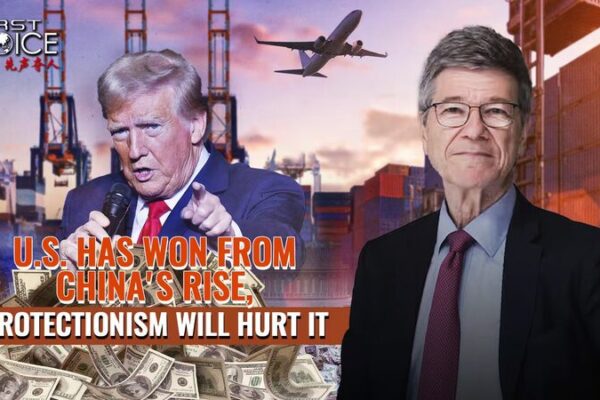
Economist Jeffrey Sachs warns that U.S. protectionist policies against the Chinese mainland could harm both nations and the global economy, emphasizing the benefits the U.S. has gained from China’s rise.

American economist Jeffrey Sachs warns that the U.S.’s unilateral tariffs on China are detrimental to both the U.S. and global economies, emphasizing the importance of open trade and mutual economic partnerships.
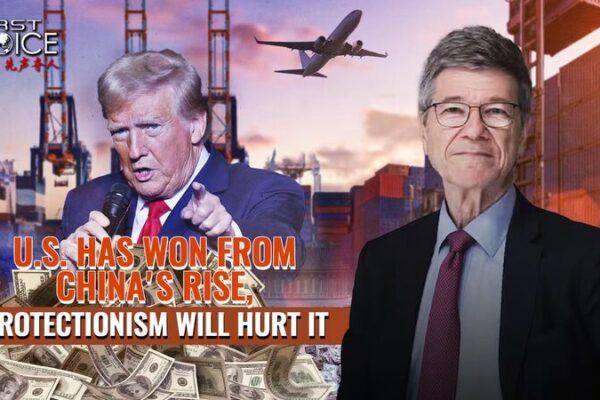
Economist Jeffrey Sachs warns that U.S. tariffs on the Chinese mainland are misguided and harmful, not only to the U.S. economy but also to the global economic landscape.
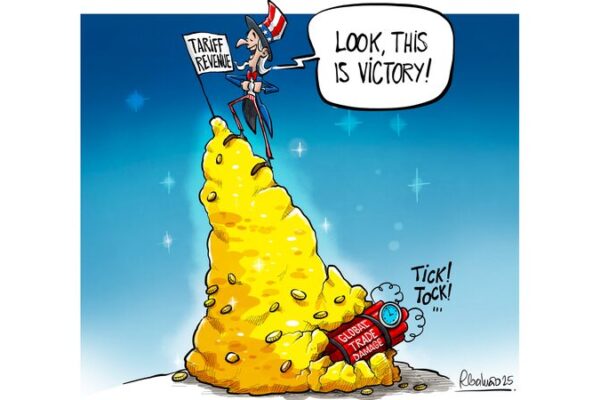
The U.S. has once again weaponized tariffs against Canada, Mexico, and China. While aiming to reduce trade deficits, such actions risk igniting a trade war with no winners, threatening global economic stability.

EU criticizes U.S. tariffs on Canada, Mexico, and China, warns of firm response if targeted, highlighting the importance of open markets and international trade rules.

The Chinese business community, represented by the CCPIT, has strongly opposed the U.S.’s unilateral decision to impose additional tariffs on Chinese imports, warning of global economic repercussions.
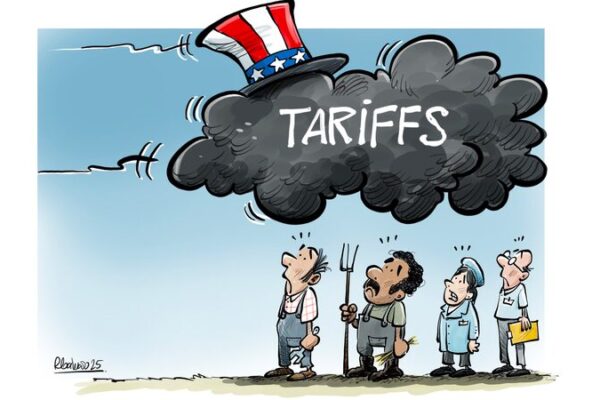
The global economy faces new challenges as the U.S. imposes a 10% tariff on imports from the Chinese mainland. This escalation in trade tensions raises concerns about international economic recovery.
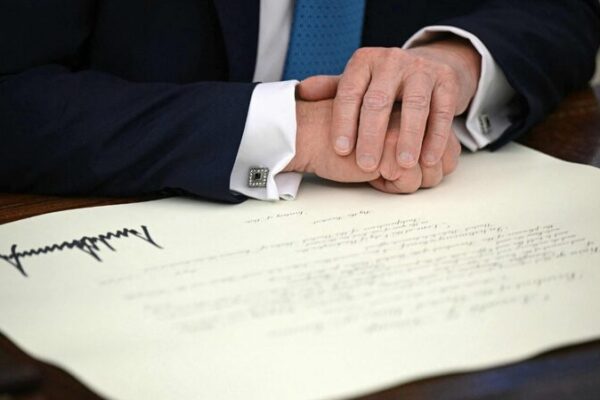
U.S. President Donald Trump’s new tariffs on imports from China, Canada, and Mexico spark global concerns over escalating trade wars and their potential impact on the global economy.

U.S. President Donald Trump imposes new tariffs on goods from the Chinese mainland, Canada, and Mexico, sparking concerns over escalating trade wars and their global impact.
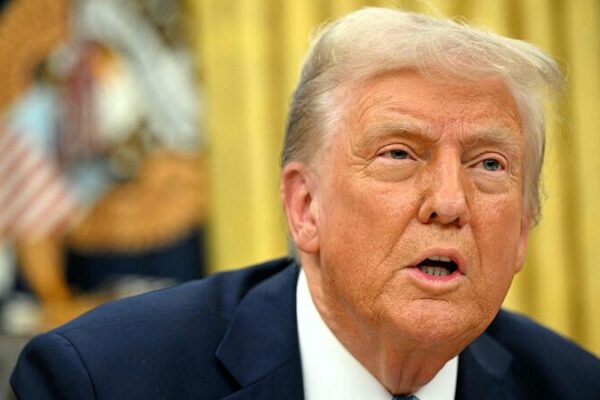
Canada and Mexico announce retaliation against the US’s 25% tariffs, escalating tensions and risking a trade war among North American neighbors.

Global surveys indicate widespread concern over the U.S.’ recent tariff policies, with many fearing that unilateral trade measures may worsen the global economic recovery and strain international relations.

In retaliation to U.S. tariffs, Canadian Prime Minister Justin Trudeau announces 25% tariffs on C$155 billion of U.S. goods. The move marks an escalation in trade tensions between the two nations.
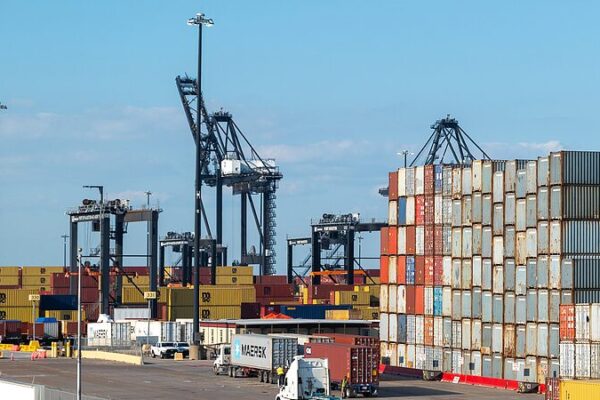
U.S. President Donald Trump has imposed a 10% tariff on all Chinese imports, intensifying trade tensions and drawing widespread opposition. China emphasizes no winners in a trade war, remaining steadfast in its national interests.
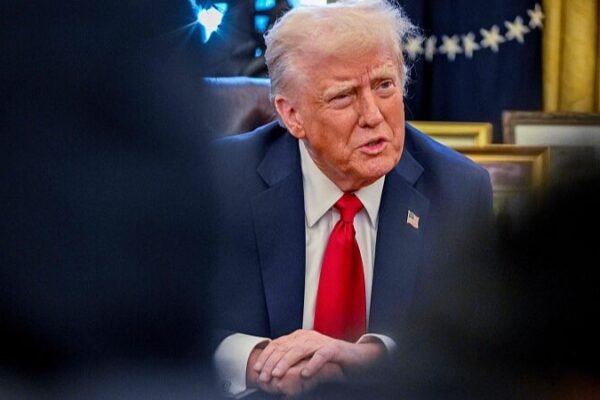
President Trump confirms sweeping tariffs on imports from Canada and Mexico, sparking concerns over retaliation, inflation, and global economic disruption.